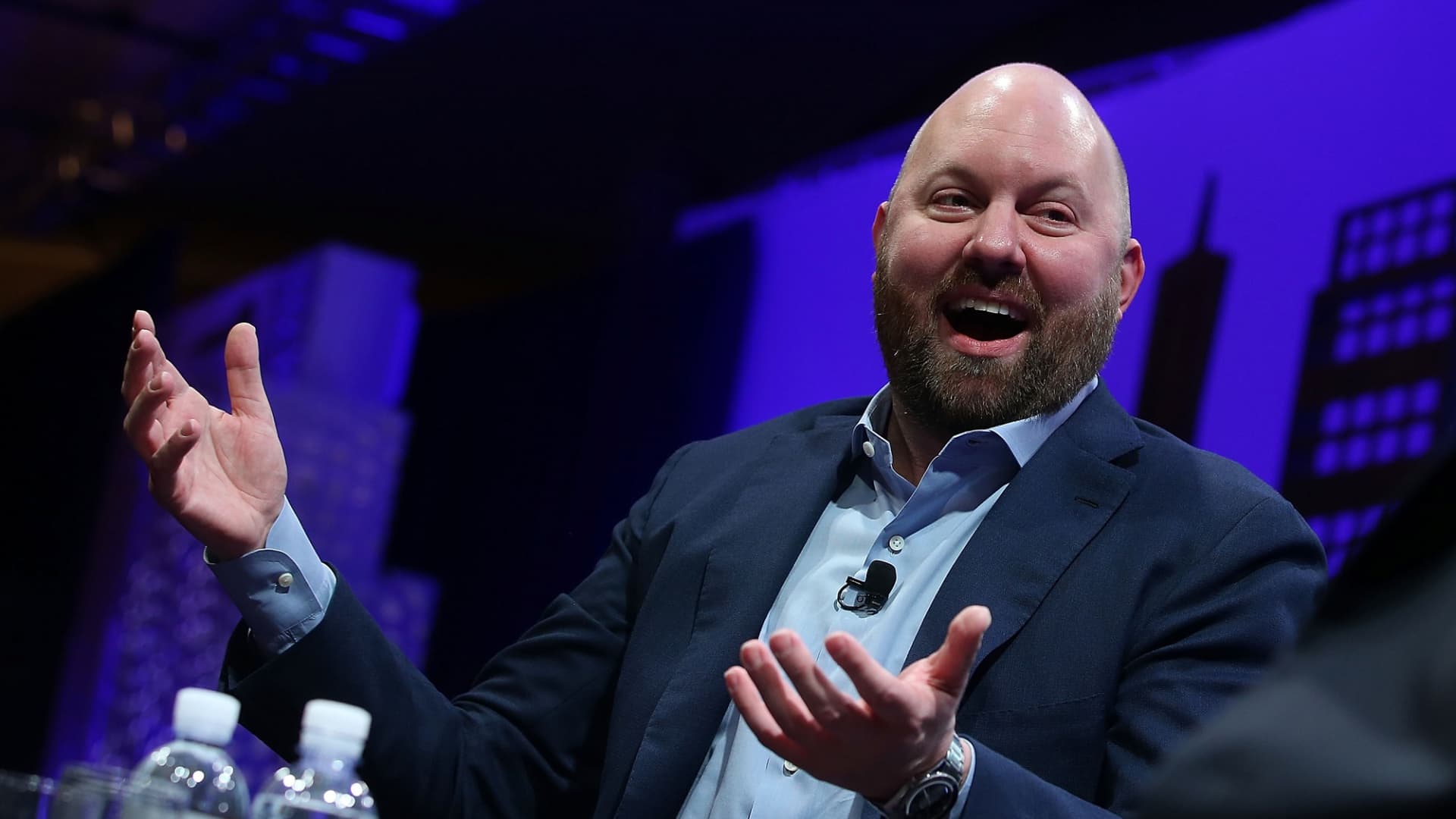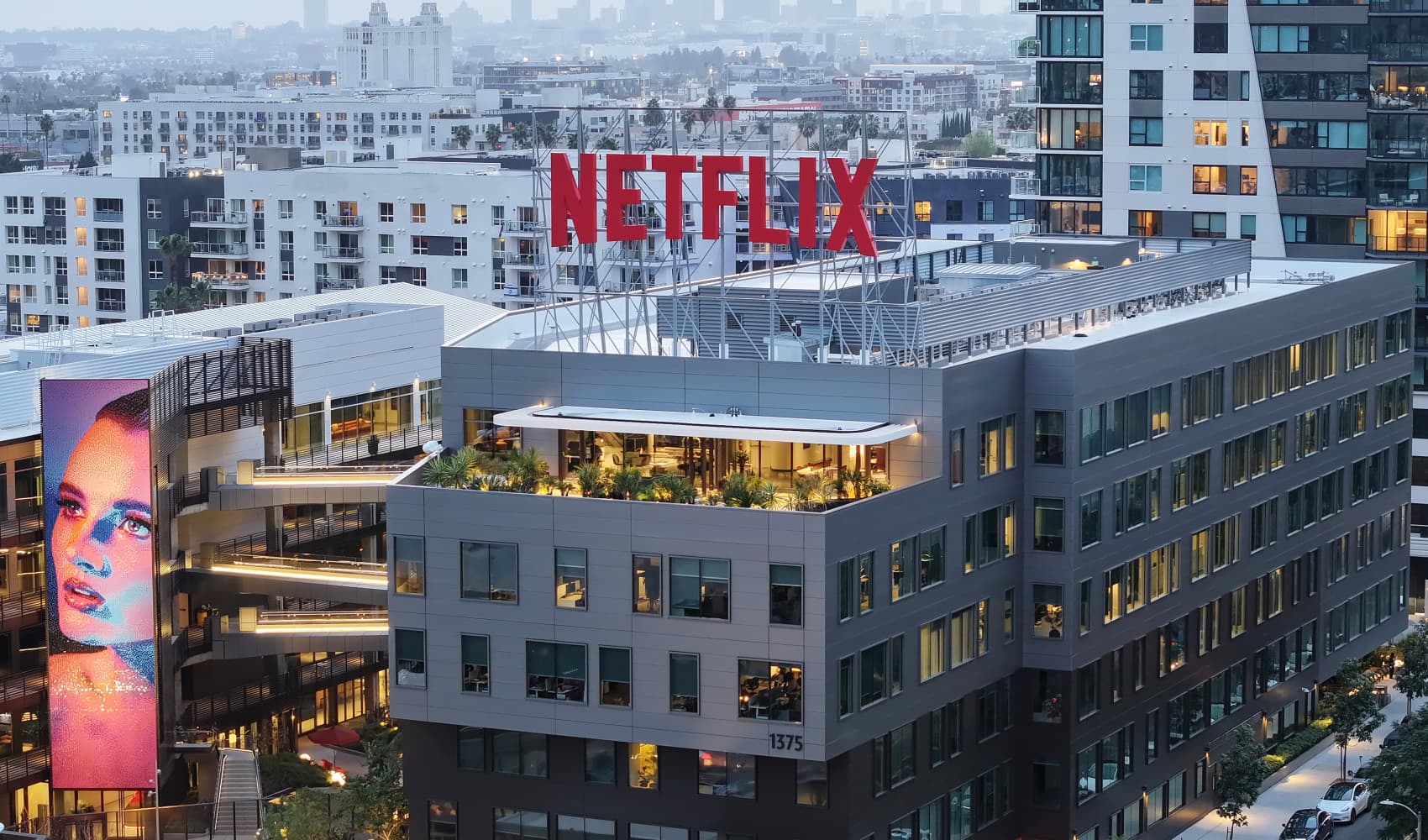
- Calendly gives people an easier way to choose meeting times than going back and forth on email.
- The app got a surprising amount of attention on Twitter late last month, and venture investor Marc Andreessen joined in with a humorous post of his own.
- Calendly head of marketing Patrick Moran said the company's chief revenue officer is "super-excited about the inbound demand."
It's been a wild few weeks in tech, from Microsoft's record-setting $69 billion agreement to buy Activision Blizzard to a frenzied stretch of earnings reports that saw Netflix and Facebook in panic-selling territory, while Amazon had its best rally since 2015.
Amid all that noise in mega-cap land, Twitter made sure that smaller-dollar tech debates continued to rage with wildfire-like intensity.
Enter Calendly.
Get Boston local news, weather forecasts, lifestyle and entertainment stories to your inbox. Sign up for NBC Boston’s newsletters.
Calendly is a nine-year-old start-up founded in Atlanta that runs a website where people show what times they're available so others can book meetings with them. Its $3 billion private market valuation, according to PitchBook, is novel in the era of the decacorn.
As the recipient of a Calendly link, you open up a website containing a calendar, select a day, see available times and "confirm" a slot. Then you enter your contact information, and Calendly will generate an invitation that will pop up on both participants' calendars.
The rather innocuous app became the center of a hot-button controversy late last month, after Silicon Valley entrepreneur and investor Sam Lessin posted a tweet criticizing people who use it.
Money Report
"When someone sends you a Calendly link and asks you to slot yourself on their calendar, they are telling you that you are less important than they / and that ALL of their current meetings are 'more important' than whatever you need them for — it is a 'get in line' move," Lessin wrote.
Dissenters loudly proclaimed that he was taking things too personally. Lessin tweet supporters were thankful that someone was finally standing up for the masses. One person tweeted that asking for a meetup to get advice and then sending a Calendly that only has openings during regular business hours is "rude as hell."
Thousands posted opinions about Lessin's message. Some of it was flattering; much could be viewed as deflating.
Tope Awotona, Calendly's founder and CEO, took the approach of any attention is good attention. On Twitter, he said he appreciated "a huge spike in signups" and offered an added dig, thanking Lessin "for all his portfolio cos that rely on Calendly to win and delight customers."
Patrick Moran, Calendly's marketing chief, spoke to CNBC last week about the immediate aftermath from a randomly-timed event in the company's history. (A company spokesperson said the CEO's schedule was booked.)
User growth spiked, Moran said, and not just from free users. Paying businesses signed up as well, keeping Calendly's chief revenue officer plenty busy.
"Let's just say our current CRO is super-excited about the inbound demand that was created from some pretty remarkable names out there," Moran said.
Calendly boasts over 10 million users and says its enterprise customers include software companies like Asana and Okta. It's a product that gets a lot of free exposure, because people receive Calendly invites from people in their network who want to set up a meeting. That's why Lessin knows so much about it.
Awotona decided to start Calendly based on his own experience working in sales, and he used his savings and retirement funds to get the company off the ground.
"One day I was looking to schedule a meeting, and it took way too many emails to get it done, and I became frustrated," he said in a 2019 video.
Playing well with others
In setting up a Calendly account, users can opt to connect existing Apple, Google or Microsoft calendars so they don't risk being double-booked. Users specify when they'd like to accept meetings and can then send the link as an alternative to finding a mutually agreeable time with another person. Meetings can be customized for duration and can include options for video like Zoom.
Moran says the software helps bridge the gap in a world with many different calendar apps.
"They don't necessarily play well with others and are not designed to be able to see across, and that's where Calendly lives," Moran said.
In addition to offering a free service, Calendly has a premium version starting at $8 per person per month, and tiers for teams are available as well. The company said recurring subscription revenue in 2020 topped $70 million.
There's hefty competition in the market. Google has rolled out appointment capabilities for paid accounts. Microsoft takes a slightly different approach with an Outlook add-in called FindTime, while LinkedIn's paid Recruiter service includes a Calendly-like feature as well.
"They both attempted to do this, and they've just done a crappy job," said Tim Campos, who sold calendar app Woven to Slack last year for undisclosed terms. Lessin was an investor in Woven, which had its own component called scheduling links, allowing users to suggest specific available times.
Campos has kept a close eye on Calendly. He wouldn't use it to set up board meetings or date nights with his wife, but he said it's become applicable in many other scenarios.
Between inside sales departments and independent consultants, "there's enough of them that that market by itself could easily warrant multiple hundreds of millions of dollars a year in revenue," Campos said.
As for Lessin's view, Campos said it "applies to a subset of the market."

Lessin, who was a vice president at Facebook until 2014 and is now a partner at Slow Ventures, has a decent but not huge following on Twitter.
Marc Andreessen, on the other hand, is a towering figure in Silicon Valley and has over 900,000 Twitter followers. He jumped into the conversation with a splash of humor.
"Notice with immediate effect: Anyone who disregards my Calendly links will be permabanned from raising venture capital in Silicon Valley," Andreessen wrote.
When Moran saw the Andreessen tweet at the top of his feed, he knew the discussion had reached a different scale.
"I was trying to read into what he was saying not having read all the comments in between," Moran said.
It was like a marketer's dream, Moran said. And, he added, that even though there was a lot of noise to sift through, the company was able to pull out some useful suggestions on how to make the product friendlier for those annoyed recipients.






